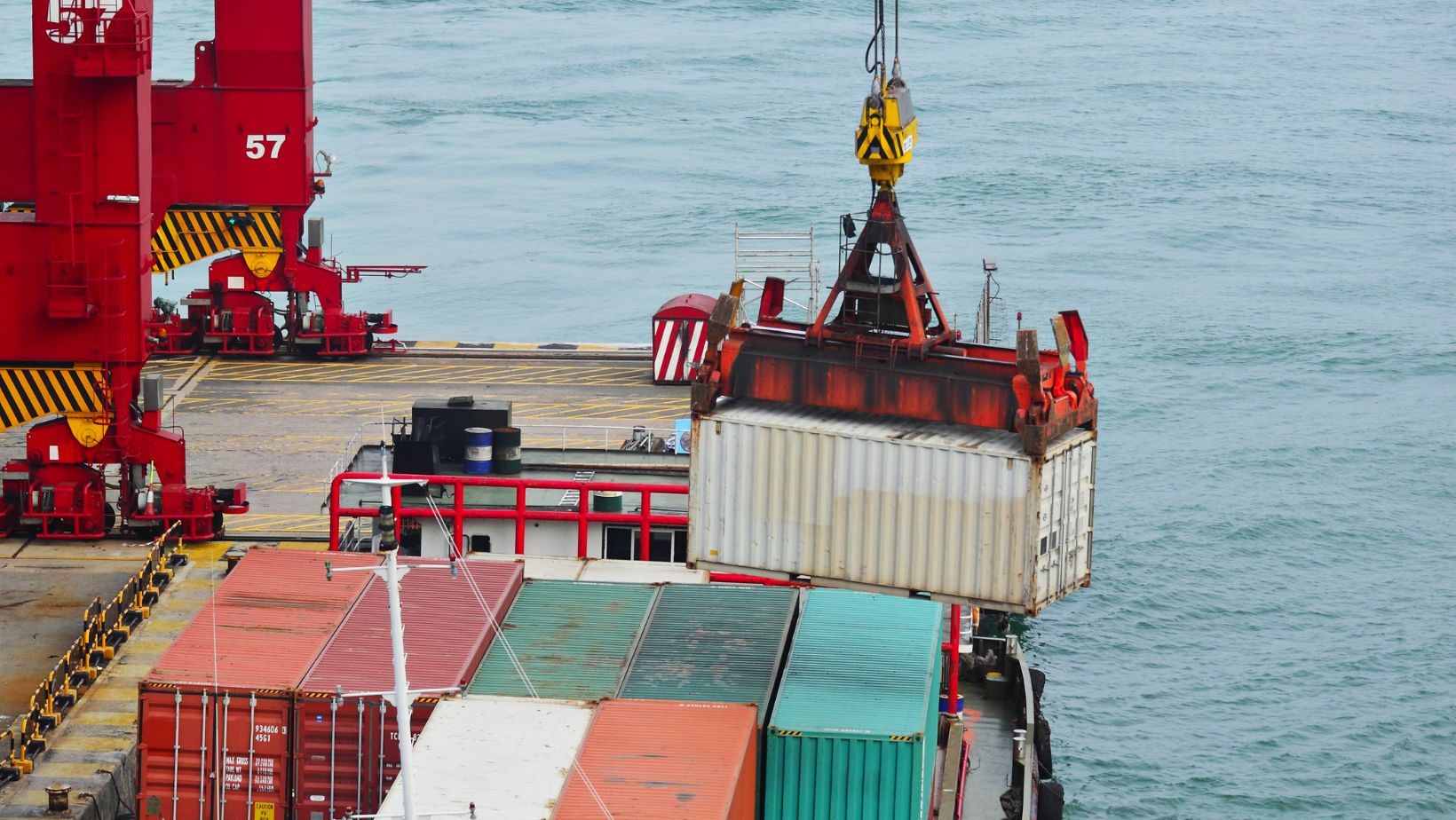
What Should A Vessel Operator Do To Make Sure Everyone Knows What To Do In Case Of An Emergency? Step By Step Procedures
As a vessel operator, ensuring everyone on board knows what to do in case of an emergency is of utmost importance. In the event of an unexpected situation, having a well-prepared and informed crew can make all the difference. In this article, I’ll share some essential steps that every vessel operator should take to ensure that everyone on board is well-versed in emergency procedures. From conducting regular drills to providing comprehensive training, these measures will help create a culture of safety and preparedness on your vessel.
One of the first steps a vessel operator should take to ensure everyone knows what to do in case of an emergency is to develop a comprehensive emergency response plan. This plan should outline the specific actions to be taken in different emergency scenarios, such as fires, man overboard situations, or equipment failures. By creating a clear and concise plan, you can minimize confusion and ensure a swift and coordinated response from your crew.
What Should A Vessel Operator Do To Make Sure Everyone Knows What To Do In Case Of An Emergency?
As a vessel operator, it is my responsibility to ensure the safety of everyone on board. One crucial aspect of this is making sure that everyone knows what to do in case of an emergency. Here are some steps I take to ensure that everyone is well-prepared and informed:
- Develop a comprehensive emergency response plan: I start by developing a thorough emergency response plan that outlines specific actions to be taken in different emergency scenarios. This plan should cover procedures for fires, flooding, man overboard situations, and other potential emergencies. It is crucial to involve the crew in the development of this plan to ensure that it is realistic and practical.
- Provide thorough training: Once the emergency response plan is in place, I make sure that all crew members receive thorough training on it. This includes familiarizing them with the procedures outlined in the plan and equipping them with the necessary skills to handle emergencies effectively. Training sessions can involve practical exercises, simulations, and classroom instruction.
- Conduct regular drills: Training is not a one-time event; it should be an ongoing process. I schedule regular drills to practice the emergency procedures outlined in the response plan. These drills help to familiarize the crew with the actions they need to take in a real emergency and allow them to refine their skills. Regular drills also help identify

Training and Education
As a vessel operator, it is crucial to ensure that everyone on board is well-prepared and informed about emergency procedures. This can be achieved through proper training and education. By developing a comprehensive emergency response plan, conducting regular drills, and providing first aid and CPR training, you can ensure that your crew is equipped with the necessary skills to handle emergencies effectively.
Develop a Comprehensive Emergency Response Plan
One of the key steps in ensuring that everyone knows what to do in case of an emergency is to develop a comprehensive emergency response plan. This plan should outline specific actions to be taken in different emergency scenarios, such as fires, medical emergencies, or man overboard situations. It should include clear instructions on how to alert the crew, evacuate the vessel if necessary, and provide assistance to those in need.
In developing this plan, it is important to consider the specific needs and requirements of your vessel. Take into account factors such as the size of the vessel, the number of crew members, and the type of operations conducted. By tailoring the emergency response plan to your vessel’s unique circumstances, you can ensure that it is practical and effective in real-life situations.
Provide First Aid and CPR Training
In addition to emergency response procedures, it is essential to provide the crew with first aid and CPR training. Accidents or medical emergencies can happen at any time, and having crew members trained in first aid can make a significant difference in the outcome. By providing training in basic first aid techniques, crew members can quickly assess and provide initial treatment to injured individuals, potentially saving lives.
By focusing on training and education, vessel operators can significantly enhance the safety and preparedness of their crew. Developing a comprehensive emergency response plan, conducting regular drills, and providing first aid and CPR training are essential steps in ensuring that everyone on board knows what to do in case of an emergency. Remember, preparedness is key to maintaining the safety and efficiency of vessel operations.





